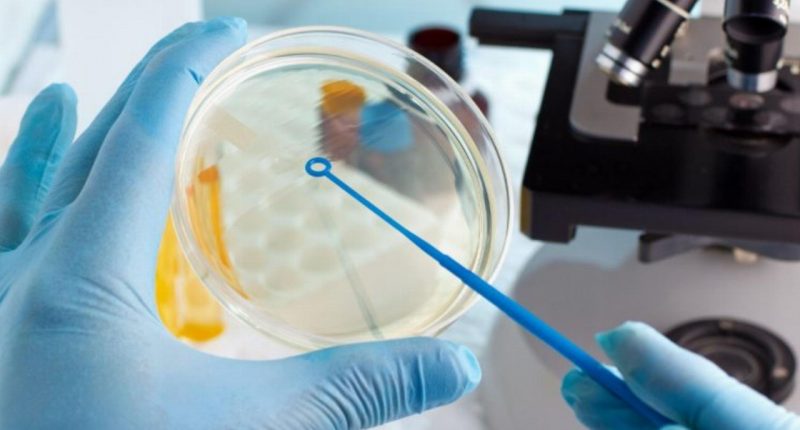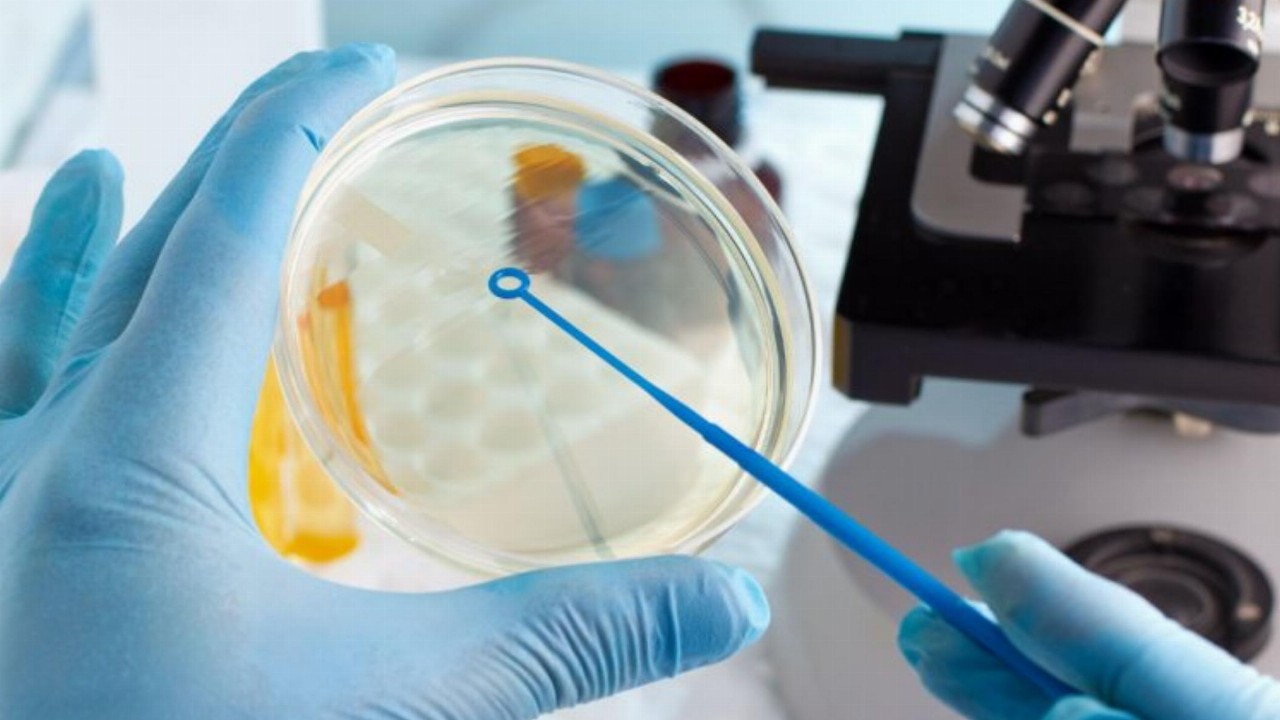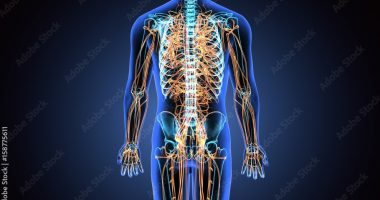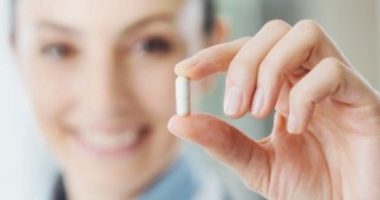- Cancer treatment company Patrys (PAB) has completed some important early stages of development for a humanised version of its PAT-DX1 drug
- The company has completed initial production and characterisation of the new drug, dubbed PAT-DX3
- This is a full-sized, humanised version of PAT-DX1, which the company is developing to treat cancer through DNA
- The drugs both use Patrys’ Deoxymab 3E10 platform, which is designed to damage cancer cells while leaving regular cells relatively healthy
- Importantly, Patrys’ existing patents cover PAT-DX3
- Shares in Patrys are trading grey at midday today, currently worth 1.4 cents each
Patrys (PAB) has completed some important early stages of development for a humanised version of its PAT-DX1 drug.
Specifically, the company has completed initial production and characterisation of the new drug, dubbed PAT-DX3. Drug characterisation generally refers to understanding the physical and chemical properties of a pharmaceutical product.
Fighting cancer with DNA
The new drug, like PAT-DX1, is based on Patrys’ Deoxymab 3E10 platform, which the company touts as one of the world’s first cell-penetrating anti-DNA antibodies for the treatment of cancer.
Essentially, the treatment binds to DNA outside of cells and then follows the DNA into cells and disrupts the natural DNA repair process.
While this sounds like it could be dangerous to non-cancerous cells, Patrys says typically, cancer cells are far more sensitive to DNA damage than ordinary cells because their DNA repair machinery is already damaged.
This means the Deoxymab 3E10 — and, subsequently, the PAT-DX1 and PAT-DX3 treatments — only cause light damage to normal cells which is easily repaired by the body. Cancer cells, however, cannot be repaired and eventually accumulate enough DNA damage that they simply die.
This also means the treatment preferentially localises to tumours.
PAT-DX3
Patrys said the latest version of this treatment is likely to have different pharmaceutical properties to PAT-DX1, meaning it could have wider clinical applications.
PAT-DX3 is a full-sized, humanised version of PAT-DX1 — meaning it’s derived from animal antibodies that have been modified to increase their similarity to antibody variants naturally produced in the human body.
Patrys said the new PAT-DX3 drug is likely to have similar effects on animal models of cancer as PAT-DX1.
Company CEO and Managing Director Dr James Campbell said while the company’s primary focus is still developing PAT-DX1, the unique characteristics of the Deoxymab platform mean it could have a lot of untapped potentials.
“PAT-DX3 offers Patrys the scope to fully explore those opportunities as well as provide a more comprehensive offering to potential partners,” James said.
“Patrys believes that the larger size of PAT-DX3 may result in differences in its
pharmaceutical properties (pharmacokinetics, half-life, tissue distribution and penetration) that could open up additional clinical opportunities for its Deoxymab platform,” he said.
Importantly, Patrys’ existing patents cover PAT-DX3.
Shares in Patrys spent the morning slightly green but have since retreated to the grey line. At midday AEST, Patrys shares are worth 1.4 cents each.








